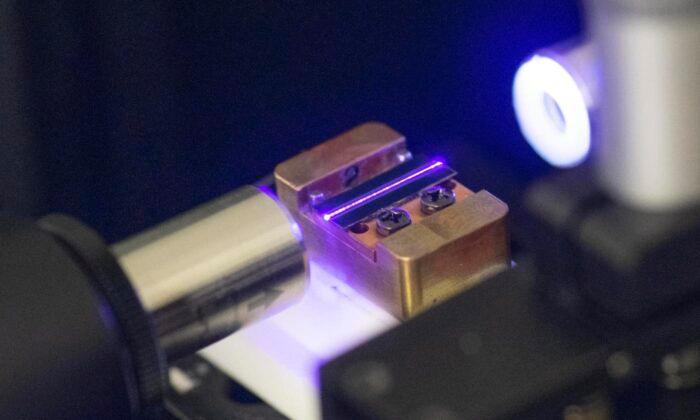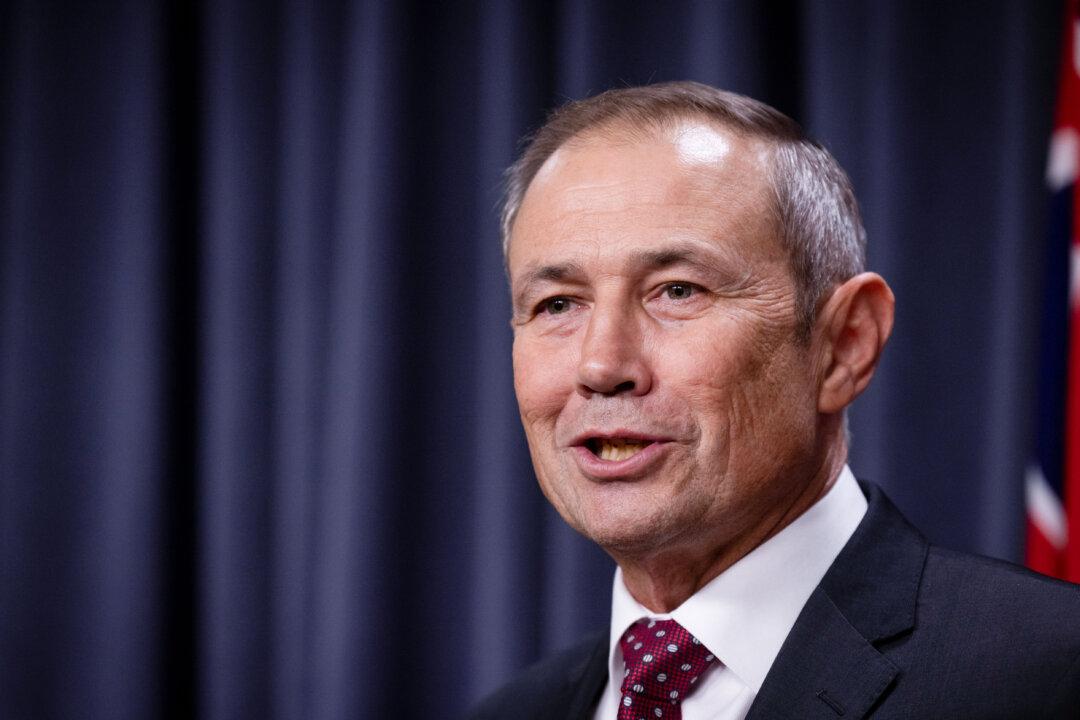Australia’s national science agency has upgraded its market projections for quantum technology.
CSIRO expects quantum technology to generate 8700 jobs by 2030 before more than doubling to 19,400 by 2045, according to new modelling.
The sector’s revenue is tipped to hit $2.2 billion by 2030 and almost $6 billion (US$3.78 billion) by 2045.
The modelling released on Wednesday assumes Australia can capture five per cent of the global quantum technology market opportunity based on its current share of investment and research workforce.
CSIRO head Larry Marshall said Australia is now at a “tipping point” between research and commercial development.
“We need to harness our bold vision for what this breakthrough technology could mean for some of our largest industries,” he said.
Australian talent is behind many existing and emerging quantum applications, including random number generators for security and sensors for mining.
Although it’s a niche sector, some recent developments suggest an optimistic global outlook for quantum technology, the report found.
Demand for powerful quantum computing and analytics, sensing, secure communications and cryptography is expected to grow.
Internationally, quantum start-up funding and investment surpassed $US1.4 billion ($A2.2 billion) in 2021—more than doubling in a year.
Seventeen countries have a national initiative or strategy to support quantum technology.
However, the new technology can be fragile and needs more development. But Japan’s Fujitsu, China’s Baidu and IBM in the United States are pushing ahead.
Fujitsu plans to sell 64-qubit research computers in 2023, Baidu is developing a 10-qubit quantum computer for public use, and IBM aims to build a 4000-plus qubit computer by 2025.
A qubit - or quantum bit - carries far more information than a traditional computing or digital communications bit, which makes quantum technology potentially far more powerful.
CSIRO said a high level of uncertainty remains, with the “conservative” revenue and job outlook depending on the cutting-edge but speculative tech having wider, commercial use in the near term.
The report urges Australia to maintain its standing in quantum technology research and support the industry in a focused and nationally coordinated way.
Minister for Industry and Science Ed Husic met this week with the national quantum advisory committee, chaired by Australia’s Chief Scientist Cathy Foley, as they develop Australia’s first quantum strategy.
Husic welcomed the new CSIRO modelling and told the committee, “I want Australia to be a global centre for quantum and the work of this committee directly supports that effort”





